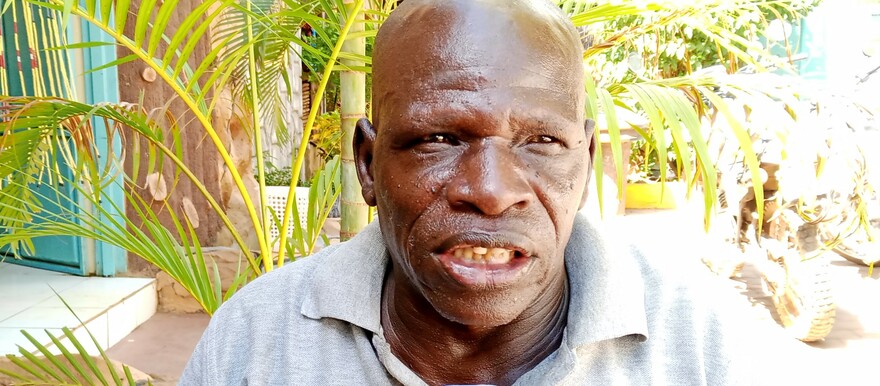A government official in Magwi County of Eastern Equatoria State is calling for mechanized farming to boost production and address the problem of overdependence on imported food.
Maniks Augustine Oloya, Director of Agriculture in Magwi County, spoke to Radio Tamazuj’s Agriculture and Livestock Programme and explained that 95 percent of the population in Magwi are farmers who use hoes and other rudimentary farming tools and that these methods were no long very effective.
Augustine said the introduction of advanced farming methods will save the country from chronic hunger.
“We now want food not just to be eaten but also to be taken to the market and another thing we need is a mechanized system of farming. Instead of hoes every day, they should also bring ox plough and tractor to open large farms and other machinery for processing maize, groundnuts, and sesame. This is needed if there is any support and also the machines for irrigation places of vegetables enough,” Augustine said.
He added: “We are also asking the government there are fall armyworm, a lot of them in maize and other diseases, so the government should do something; they should also open roads to help people in progressive farming. We need to do farming in business”.
When asked about challenges limiting farming progress in the county, the official said: “The seeds that are being distributed to farmers in the are not enough because someone having two or five hectares is given only 5 kgs of seeds which is worth half hectares, the seeds are not favourable as well, no roads for transporting food to the market, as we speak there are also elephants disturbing farms in Pageri so they destroyed cassava, mangoes and also knocked someone. There is also a need to establish more nurseries for trees and train many people in agriculture.”
This year according to the yields, may not be good in the first season because of on and off rains. It has been difficult these years despite the partner’s support.
“We have these organizations as our partners who provide food security and livelihoods. They provided seeds, and World Bank also gave money to the government and to FAO so that people plant more trees. We put in a multipurpose agricultural centre that will help train people in agriculture. We are working with partners in collaboration. We have cluster meetings to share our concerns and issues. We are also monitoring farmers together,” he said.
Farmers in most parts of South Sudan face competing issues, including insecurity, lack of electricity, flooding, poor infrastructure, desert locusts, the economic situation, and drought.
Despite the huge agricultural potential South Sudan possesses, only about 5 percent of the country’s arable land is reportedly cultivated.




